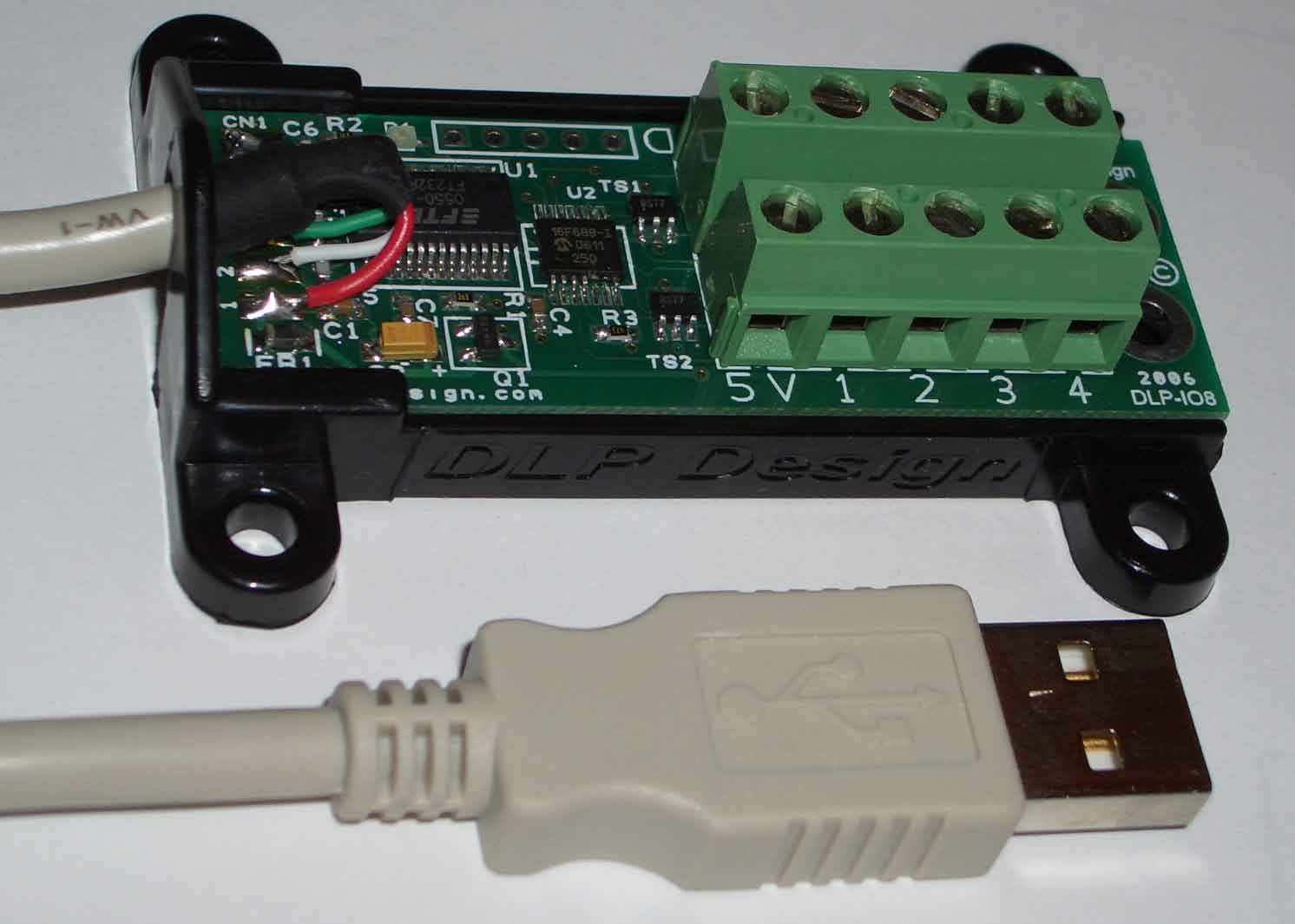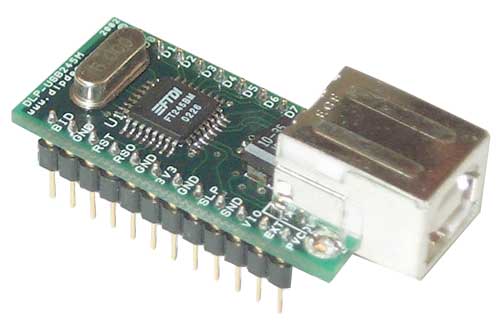 |
| Index Introduction Download Documentation Mailing list Supported hardware Manufacturers Applications Bug Tracking Links Linux Debian RTAI David Schleef | IntroductionThe Comedi project develops open-source drivers, tools, and libraries for data acquisition. Comedi is a collection of drivers for a variety of common data acquisition plug-in boards. The drivers are implemented as a core Linux kernel module providing common functionality and individual low-level driver modules. Comedilib is a user-space library that provides a developer-friendly interface to Comedi devices. Included in the Comedilib distribution is documentation, configuration and calibration utilities, and demonstration programs. Kcomedilib is a Linux kernel module (distributed with Comedi) that provides the same interface as Comedilib in kernel space, suitable for real-time tasks. It is effectively a "kernel library" |

